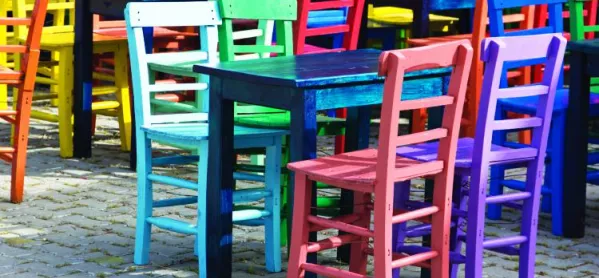Grouping pupils into sets is “incompatible with social justice” as it entrenches the dominance of the middle classes at the expense of disadvantaged children, according to the latest findings from a major research project.
Academics at the UCL Institute of Education came to this conclusion after asking pupils at nearly 100 secondary schools how they felt about setting by “ability”.
In a research paper published in the latest issue of the British Educational Research Journal, the researchers state: “While it is not surprising that research has found that middle-class parents and teachers tend to defend setting, less is known about the views of students, particularly those who tend to be allocated to the lower sets.”
Interviews and online surveys showed that students in top sets were overwhelmingly positive about being in their set, describing their position as “natural” and “deserved”. Those in middle sets were more ambivalent.
However, those in the lower sets expressed much more negative views, describing how they felt “bad” and “embarrassed”.
Setting and fairness
Top-set students were more likely to be white and middle class. Bottom-set students were more likely to be working class and black.
But, the research finds, “even among those in the lowest sets, there were relatively few explicit views challenging the fairness of setting (or recognising the cultural arbitrary on which it is based)”.
The academics interpreted this as showing how setting helps to legitimise and justify social hierarchies.
The paper says: “The concentration of working-class and black students in low sets within schools in England is a powerful and pernicious tool within the social reproduction of unequal power relations.”
It adds: “We suggest that setting is a particularly important process for the middle classes, as a technology for assuring and justifying class privilege.”
‘Barely disguised fear’
The academics note that previous research has exposed “the barely disguised fear and suspicion of the working class and/or black students that is expressed by dominant-group parents who are resistant to de-tracking, such as the often-expressed views that students in the low tracks are undesirable cultural influences, who may ‘corrupt’ those in the higher tracks”.
And they call setting “a form of symbolic violence” that “imposes an ideology that legitimates and naturalises relations of inequality between dominant and less-powerful social groups”.
The researchers, therefore, argue that “setting is incompatible with social justice approaches to education”. The academics call for more weight to be given to the views of those who are disadvantaged by the practice.
The research is part of a larger, ongoing project, led by Institute of Education director Becky Francis.
Want to keep up with the latest education news and opinion? Follow Tes on Twitter and like Tes on Facebook





